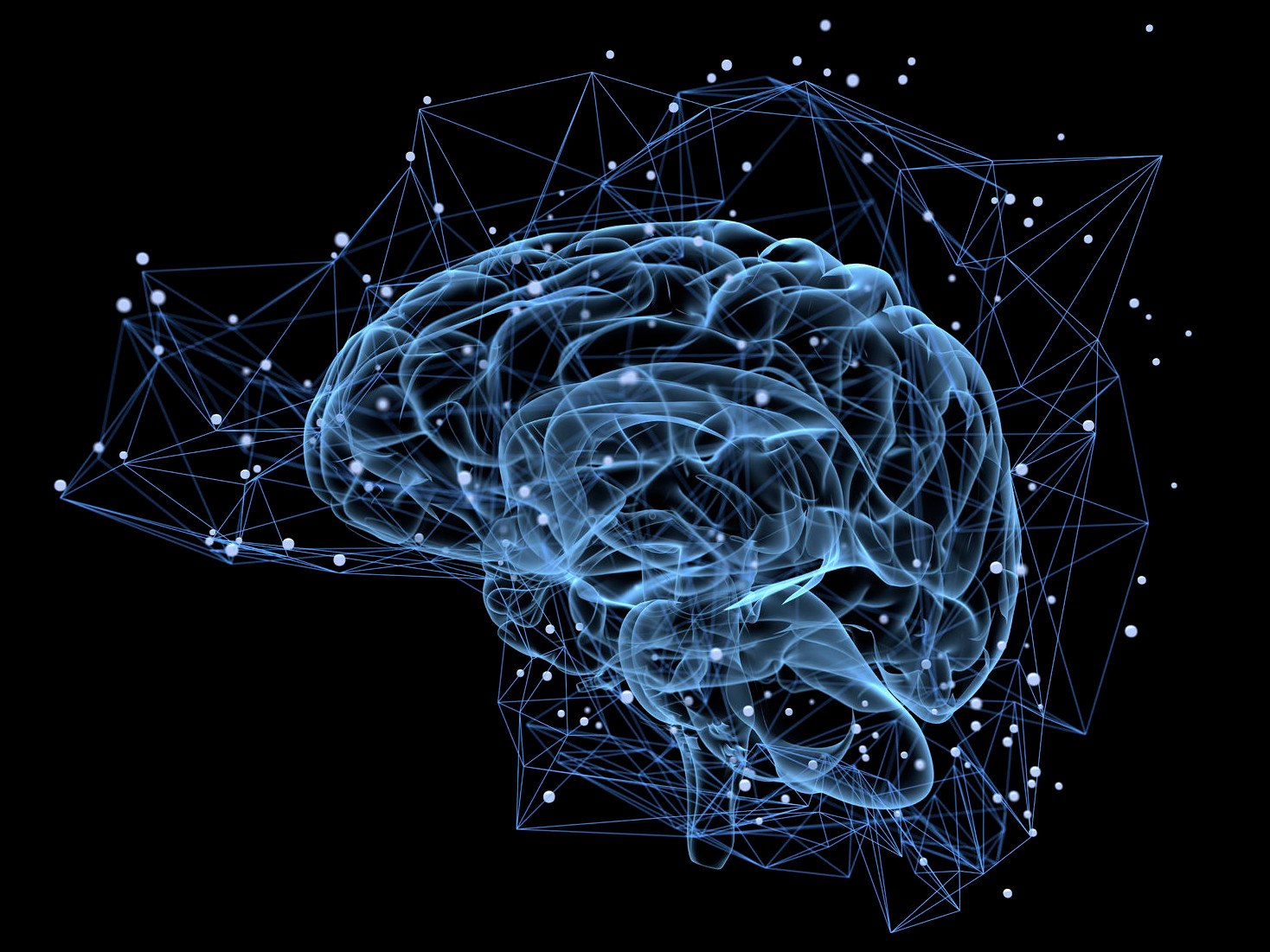Using a virtual reality headset can have some nasty consequences for consumers’ mental and physical health. Getting injured while moving around in VR or experiencing motion sickness are just a few of the potential outcomes. There are plenty of reasons to be concerned about the long-term effects VR has on our brains as well.
Virtual Reality Affects The Brain In Multiple Ways
While the regular side effects of VR headsets are nothing to sneeze at, a lot of people underestimate the major repercussions which do not become visible immediately. Motion sickness, seizures, and collision warnings are just some of the examples of short-term consequences. None of these are pleasant experiences by any means, although they are the least of one’s concerns. Or to be more precise, they should be.
There are a lot of theories regarding how virtual reality affects the human brain. Up until this point, that is still a rather uncharted territory, although researchers have a basic idea of what may happen. We are not talking about addiction or similar symptoms here, even though these also pose a legitimate threat to one’s mental health.
UCLA neuroscientist Mayank Mehta took the time to explore the impact of virtual reality environments on a rat’s brain. Although the human brain responds in a different manner, the results were not positive by any means. The rat’s hippocampus did not mentally map the virtual space as it would do for real-life locations. That is quite troublesome, although it does not have to be a long-term effect. Having it the other way around would be far more problematic.
The vestibulo-ocular reflex may suffer from prolonged exposure to virtual reality headsets, though. This reflex causes eye movement which stabilizes images on our retinas. This is especially useful during head movement. However, with virtual reality hardware possible hindering this natural reflex, users can suffer very unpleasant effects. It may even lead to suffering from head tremors. Not something to look forward to by any means.
It is evident more research needs to be dedicated to the long-term effect virtual reality headsets may have on the human body. Our brain is one of the most important organs we have and cannot be replaced by any means. Any damage done to the brain can – in most cases – never be repaired or solved. While this does not mean no one should use VR hardware in its current iteration, knowing all of the potential consequences can be quite valuable.
If you liked this article make sure to follow us on twitter @thevrbase and subscribe to our newsletter to stay up to date with the latest VR trends and news.












